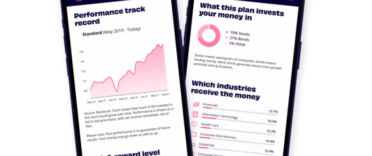
What are the proposed changes?
- The basic state pension and the existing means-tested arrangements could be replaced for people reaching state pension age after 2015-16 (although the exact date has not been set) with a flat-rate pension. People already receiving their state pension will not benefit from the changes and will remain under the current regime..
- Two options for the replacement are suggested. One is a universal £140-a-week payment to anyone who has 30 years of National Insurance contributions (with inflation likely to push this up to £155 by 2015 or 2016). The second option would bring forward plans to replace the second state pension with a payment of £1.60 for each qualifying year. So, somebody with 30 years of contributions would receive £97 in basic state pension and £48 in state second pension, making a total of £145 a week.
- The proposals do not set out a set date for when the new state pension will be introduced.
- The state pension age will also rise to 66 for both men and women by 2020 and will continue to increase going forwards.
- The basic state pension will increase each year in line with average earnings, the Consumer Prices Index measure of inflation, or 2.5%; whichever is the greater.
- The state second pension will be abolished, but the government would honour contributions that had already been made ahead of the change. This will benefit the self employed who are not able to participate in the state second pension.
- At least 30 qualifying years of National Insurance contributions will be required for the new full state pension. A minimum level of seven years will be set, under which no state pension will be paid. (Some of the above has been adapted from information reported by BBC)
In the coming days I will look at the proposals in more detail and let you know who could benefit from the new proposals. But in short the self employed and people with an incomplete National Insurance record, such as stay at home mum's, are likely to be the biggest beneficiaries.
Image by Kevin Hutchinson - flickr




